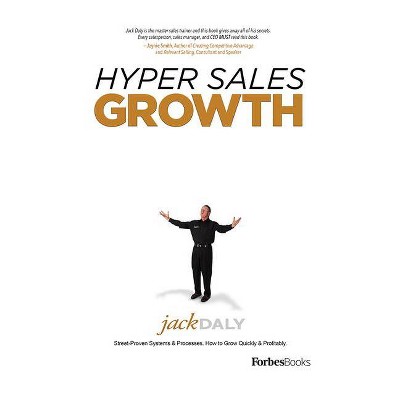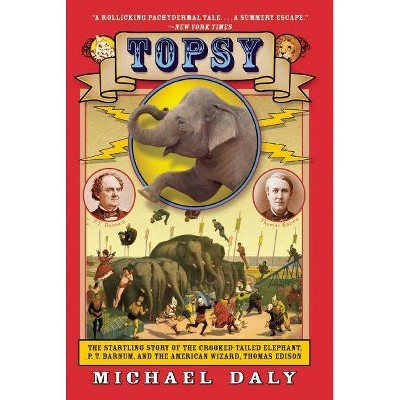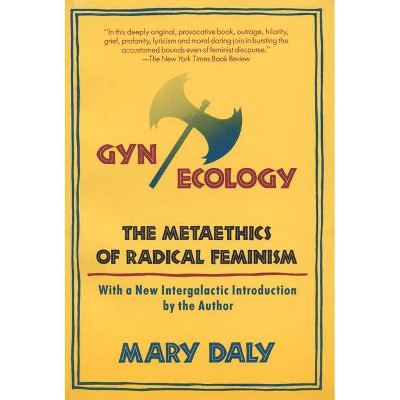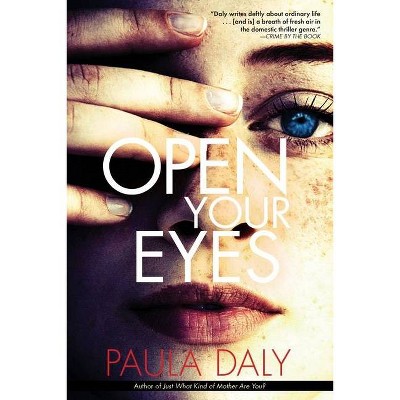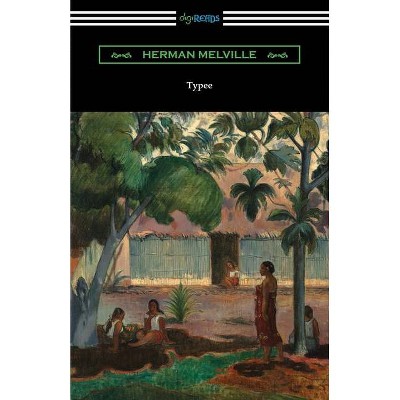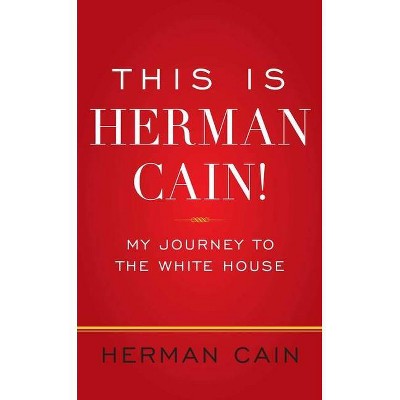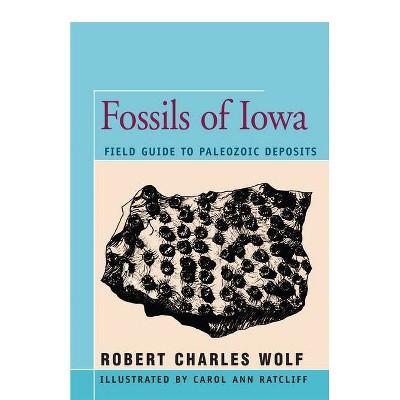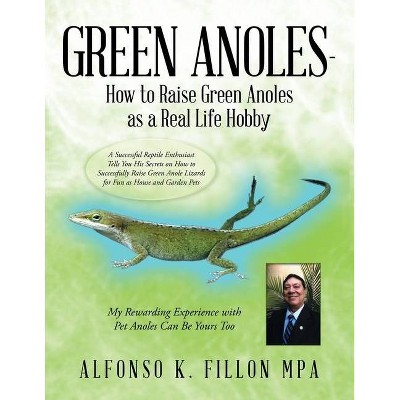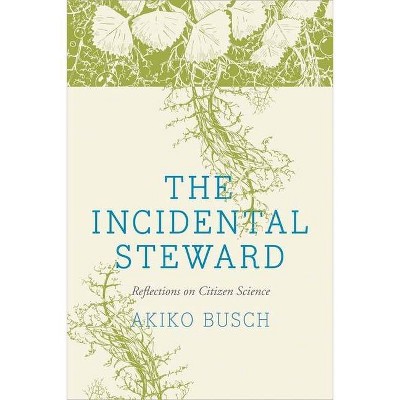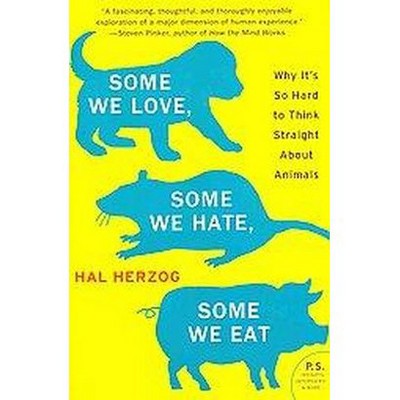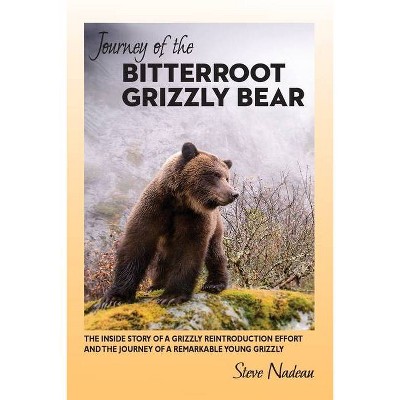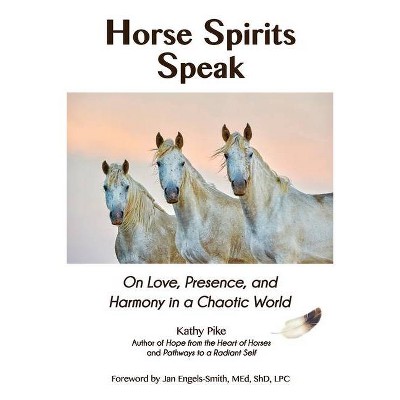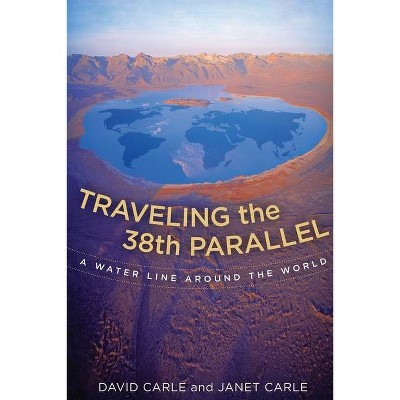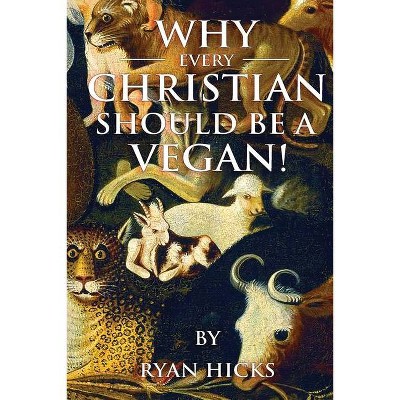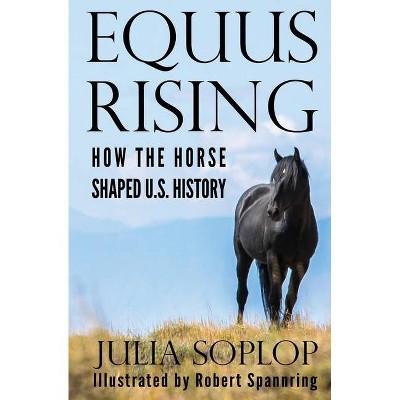Beyond Growth - by Herman E Daly (Paperback)
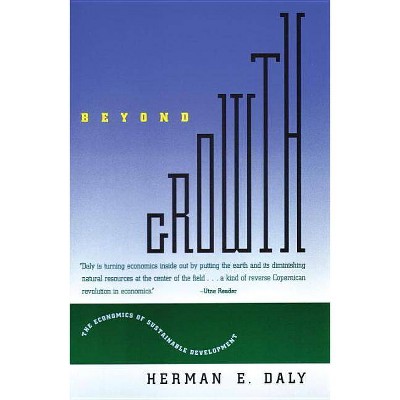
Similar Products
Products of same category from the store
AllProduct info
<p/><br></br><p><b> Book Synopsis </b></p></br></br>Daly is turning economics inside out by putting the earth and its diminishing natural resources at the center of the field . . . a kind of reverse Copernican revolution in economics. <br><i>--Utne Reader</i> <p/>Considered by most to be the dean of ecological economics, Herman E. Daly elegantly topples many shibboleths in <i>Beyond Growth.</i> Daly challenges the conventional notion that growth is always good, and he bucks environmentalist orthodoxy, arguing that the current focus on 'sustainable development' is misguided and that the phrase itself has become meaningless.<br><i>--Mother Jones</i> <p/>In <i>Beyond Growth, </i> . . . [Daly] derides the concept of 'sustainable growth' as an oxymoron. . . . Calling Mr. Daly 'an unsung hero, ' Robert Goodland, the World Bank's top environmental adviser, says, 'He has been a voice crying in the wilderness.' <br>--G. Pascal Zachary, <i>The Wall Street Journal</i> <p/>A new book by that most far-seeing and heretical of economists, Herman Daly. For 25 years now, Daly has been thinking through a new economics that accounts for the wealth of nature, the value of community and the necessity for morality. <br>--Donella H. Meadows, <i>Los Angeles Times</i> <p/>For clarity of vision and ecological wisdom Herman Daly has no peer among contemporary economists. . . . <i>Beyond Growth</i> is essential reading.<br>--David W. Orr, Oberlin College <p/>There is no more basic ethical question than the one Herman Daly is asking. <br>--Hal Kahn, <i>The San Jose Mercury News</i> <p/>Daly's critiques of economic orthodoxy . . . deliver a powerful and much-needed jolt to conventional thinking. --Karen Pennar, <i>Business Week</i> <p/>Named one of a hundred visionaries who could change your life by the Utne Reader, <b>Herman Daly</b> is the recipient of many awards, including a Grawemeyer Award, the Heineken Prize for environmental science, and the Alternative Nobel Prize, the Right Livelihood Award. He is professor at the University of Maryland's School of Public Affairs, and coauthor with John Cobb, Jr., of <i>For the Common Good.</i><p/><br></br><p><b> From the Back Cover </b></p></br></br>Herman Daly is probably the most prominent advocate of the need for a change in economic thinking in response to environmental crisis. an iconoclast economist who has worked as a renegade insider at the World Bank in recent years, Daly has argued for overturning some basic economic assumptions. He has a wide and growing reputation among environmentalists, both inside and outside the academy. Daly argues that if sustainable development means anything at this historical moment, it demands that we conceive of the economy as part of the ecosystem and, as a result, give up on the ideal of economic growth. We need a global understanding of developing welfare that does not entail expansion. These simple ideas turn out to be fundamentally radical concepts, and basic ideas about economic theory, poverty, trade, and population have to be discarded or rethought, as Daly shows in careful, accessible detail. These are questions with enormous practical consequences. Daly argues that there is a real fight to control the meaning of "sustainable development", and that conventional economists and development thinkers are trying to water down its meaning to further their own ends. Beyond Growth is an argument that will turn the debate around.<p/><br></br><p><b> Review Quotes </b></p></br></br><br>Daly is turning economics inside out by putting the earth and its diminishing natural resources at the center of the field . . . a kind of reverse Copernican revolution in economics. <i>--Utne Reader</i> <p/>Considered by most to be the dean of ecological economics, Herman E. Daly elegantly topples many shibboleths in <i>Beyond Growth.</i> Daly challenges the conventional notion that growth is always good, and he bucks environmentalist orthodoxy, arguing that the current focus on 'sustainable development' is misguided and that the phrase itself has become meaningless. <i>--Mother Jones</i> <p/>In <i>Beyond Growth, </i> . . . [Daly] derides the concept of 'sustainable growth' as an oxymoron. . . . Calling Mr. Daly 'an unsung hero, ' Robert Goodland, the World Bank's top environmental adviser, says, 'He has been a voice crying in the wilderness.' --G. Pascal Zachary, <i>The Wall Street Journal</i> <p/>A new book by that most far-seeing and heretical of economists, Herman Daly. For 25 years now, Daly has been thinking through a new economics that accounts for the wealth of nature, the value of community and the necessity for morality. --Donella H. Meadows, <i>Los Angeles Times</i> <p/>For clarity of vision and ecological wisdom Herman Daly has no peer among contemporary economists. . . . <i>Beyond Growth</i> is essential reading. --David W. Orr, Oberlin College <p/>There is no more basic ethical question than the one Herman Daly is asking. --Hal Kahn, <i>The San Jose Mercury News</i> <p/>Daly's critiques of economic orthodoxy . . . deliver a powerful and much-needed jolt to conventional thinking. --Karen Pennar, <i>Business Week</i><br><p/><br></br><p><b> About the Author </b></p></br></br>Named one of a hundred visionaries who could change your life by the Utne Reader, Herman Daly is the recipient of many awards, including a Grawemeyer Award, the Heineken Prize for environmental science, and the Alternative Nobel Prize, the Right Livelihood Award. He is professor at the University of Maryland's School of Public Affairs, and coauthor with John Cobb, Jr., of <i>For the Common Good.</i>
Price History
Price Archive shows prices from various stores, lets you see history and find the cheapest. There is no actual sale on the website. For all support, inquiry and suggestion messagescommunication@pricearchive.us
